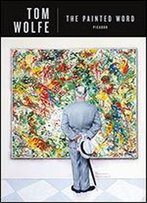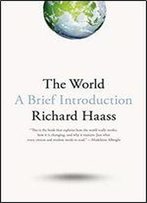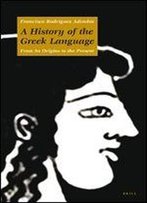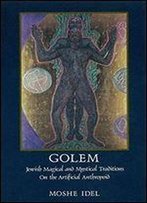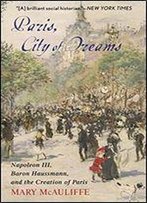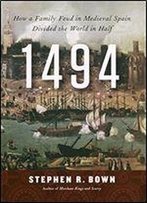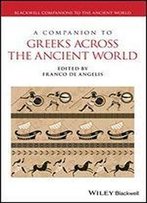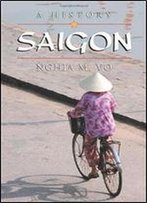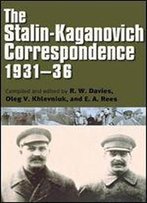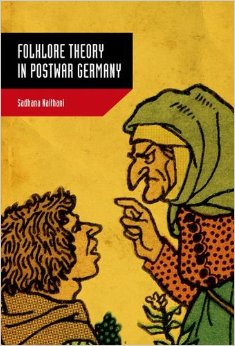
Folklore Theory In Postwar Germany
by Sadhana Naithani /
2014 / English / PDF
1.1 Mb Download
Can the study of folklore survive brutal wars? Does folklore make sense in this age of technology? These are two of the several questions that this book addresses with specific reference to the history of folklore studies in Germany. As is well-known folklore studies were pioneered in Germany in the early 19th century in the ideological context of romantic nationalism by the works of the Brothers Grimm. The relationship of the discipline with the political history of the country reached a peak in 1930s under the Nazi regime. From this peak the fall was ensured in 1945 with the end of the World War II and defeat of Germany. What happened to folklore studies in Germany henceforth is the subject of this book. The subject is explored with focus on Lutz Röhrich (1923-2006) whose work spans the decades from 1955 to 2006. Lutz Röhrich returned from the warfront in 1945 at the age of twenty-three with an amputated leg. Returning to the University to complete his education he emerged with the publication of his seminal work Märchen und Wirklichkeit (Folktale and Reality) in 1956. Through this and a huge body of work on folktale, folksong, proverbs and riddles over the next decades the author argues that Lutz Röhrich transformed the nature of folklore scholarship by critically challenging the legacies of Romanticism and Nazism in German folklore scholarship. Sadhana Naithani's book is the first full-length work on this extraordinary German scholar, written in English as the author feels that Lutz Röhrich's work has significance and relevance beyond Germany.
